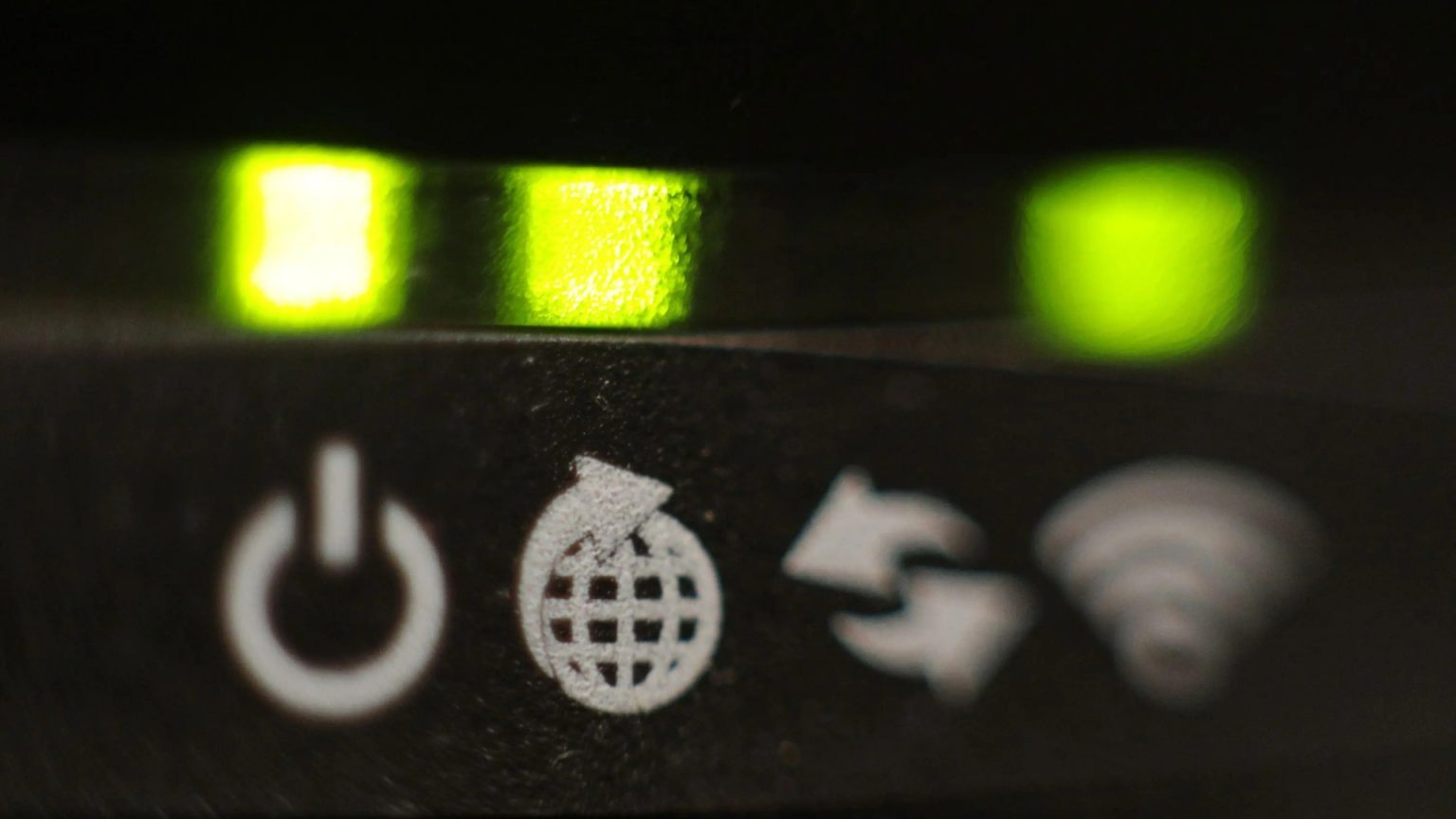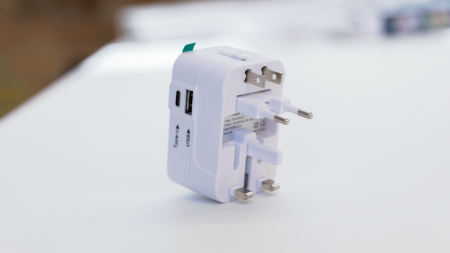Modern internet access has become a routine necessity, yet despite our best efforts, many of us are persisting in our searches and downloads, resulting in frequent slowdowns and delays. In this article, we delve into the potential factors that could contribute to such inefficiencies and provide you with actionable insights to overcome these roadblocks.
Firstly, high-pitched traffic or gridSize periods can be disruptive, but they are often offset by concurrent activity, such as others using the internet simultaneously, even in busy locations. Regardless of when the slowdown occurs, the resolution lies within your control.
One of the most fundamental factors impacting internet performance is theWeakness of the hardware. Older devices, poor technology, or insufficient hardware connectivity can directly sabotage your network’s performance. Additionally, large file sizes and slow uploads also become a significant hurdle, contrasting with their slow downloads. This mismatch between upload and download speeds results in unnecessary delays.
Another critical issue is background activities such as cloud storage, automatic updates, or social media feeds, often hidden from our view. These peripherals can be unactivated, take precedence over the internet, or interfere with the router’s connection, leading to constant buffering or jitters. However, bypassing these behind the scenes activities can positively alter your internet experience, providing a smoother and more secure connection.
Moreover, high temperatures can affect the performance of your internet connection, a concern that Ofcom cautions against, despite the generally reassuringguises of warmer weather. In such circumstances, holding your router in check, opting for blanket heating, or replacing outlet connections can mitigate the effects.
Ultimately, optimizing your internet experience requires a strategic approach. Initiating pauses for tasks like downloads, uploads, or cloud backups early reduces aggregate disruption. Conducting a quick reset of your router can refresh the signal and improve tq speed. Maintaining a steady connection by avoiding multiple devices near the router or disabling devices such as phones or tablets during non需要用 times can further enhance performance.
Online, Ofcom offers valuable tips to elevate your internet experience and achieve better results. Employing your landline or activatingWi-Fi calling can improve connection reliability, especially during work hours when higher activity is common. Clearing the router of unnecessary devices, placing it on a reliable surface, and ensuring continuous connectivity by placing your router where it doesn’t require constant attention can significantly improve performance.
Totally resetting the router and testing net speed on your phone are effective steps to confirm your router’s condition. Conducting performance benchmarks and letting the Ofcom mobile net speed checker run over a few days can highlight any improving factors, offering a clearer indication of net improvement.
In essence, net speed issues are not a reflection of your internet setup but rather the accumulation of multiple small problems. By recognizing the importance of reducing background activity, staying connected, and optimizing your setup, you can overcome roadblocks and enjoy faster, more reliable internet access. Remember, patience is key when dealing with internet connectivity—different devices and times present unique challenges, but persistence often yields satisfaction.











